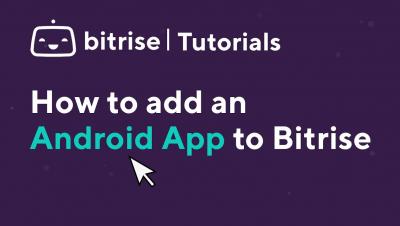Systems | Development | Analytics | API | Testing
%term
Getting Started with Iguazio Data Science Platform
An overview of the Iguazio (https://www.iguazio.com/) Data Science Platform and how to use it to build and deploy AI-based applications
Iguazio Customer Testimonial: Quadient
Learn how Quadient, the leading provider of meaningful customer experiences, uses Iguazio (https://www.iguazio.com/) to unify any data type for real-time machine learning applications while saving man-years in development with an-out-of-the-box data science toolkit.
[Masterclass Recording] Building a realtime voting app in less than an hour
[Masterclass] Building an IoT based realtime attendance logger for Slack using WebHooks.
How to add an Android App to Bitrise - TUTORIAL
How to add a Flutter App to Bitrise - TUTORIAL
Kong Gateway 2.0 GA!
After a full year of development since our last major open source release, we are proud to announce the next chapter of our flagship open-source API gateway — Kong Gateway 2.0 is generally available! With this release, Kong will become more operationally agnostic for large-scale deployments across on-premises and multi-cloud environments, thanks to the new Hybrid Mode. In addition, plugin development also becomes more language agnostic, thanks to the new Golang PDK support.
A Shared-Nothing Architecture
In this post, we're going to look at what Shared-Nothing Architecture is, along with its benefits and downsides, concerning PHP and its impact on performance. Several different languages can be used for web-based application development, most of which you are likely already familiar. The most popular of these are JavaScript, Ruby, Python, Java, Go, R, and, of course, PHP. Of these languages, however, only PHP uses a Shared-Nothing Architecture by default.
These Two Trends Will Put an End to Business as Usual in 2020
Where did the last decade go? Seems like it was just 2010 and I was writing about the future of business in 2020, well it is nowhere! I’ve spent much of my career in finance/accounting and management consulting and the last decade+ helping companies link their business and technology strategies with a focus on data and analytics. Where will we head in 2020 and this next decade?











